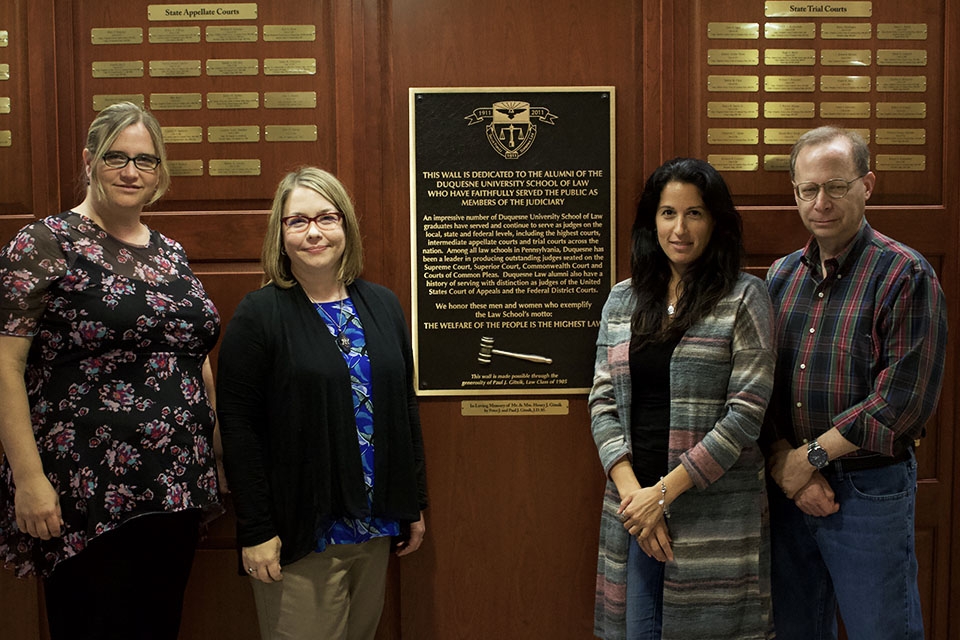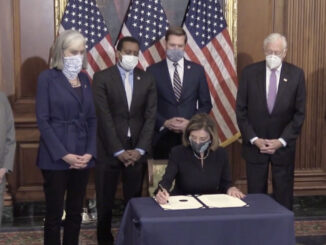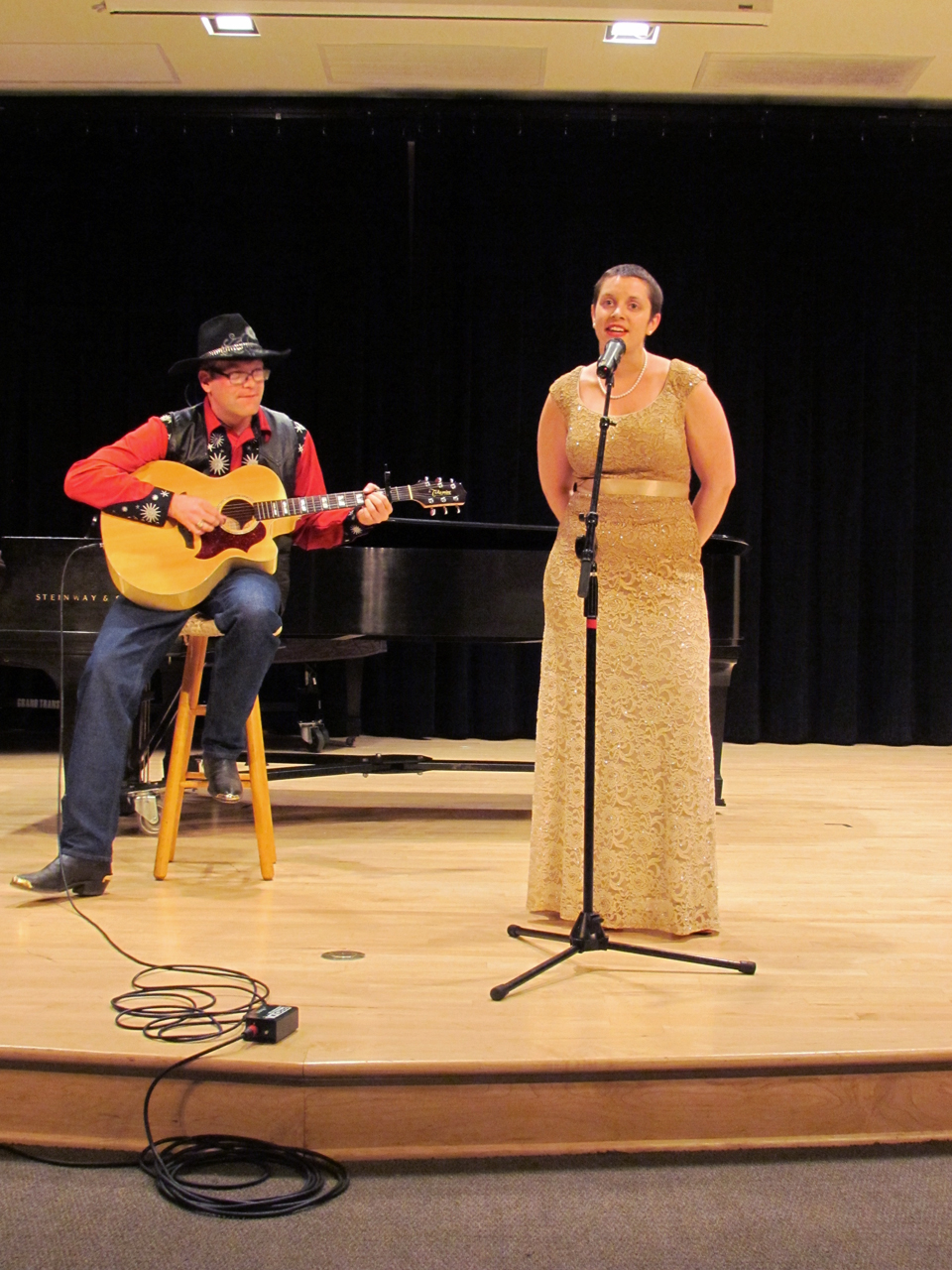
DU Law professors Ann Schiavone (left), Ashley London (middle left), Rona Kaufman (middle right) and Jan Levine (right) pose for a photo in front of a plaque commemorating Duquesne alumni who served the public as members of the judiciary.

DU Law professors Ann Schiavone (left), Ashley London (middle left), Rona Kaufman (middle right) and Jan Levine (right) pose for a photo in front of a plaque commemorating Duquesne alumni who served the public as members of the judiciary.
Kellen Stepler | Staff Writer
10/11/2018
Being a justice on the United States Supreme Court is one of the most powerful and privileged positions in the judiciary branch of the government. Composed of only nine judges that serve their terms for life, the court is called upon to serve the United States by making critical decisions that impact the way we live. Due to the high stakes of the position, it intrigues all Americans, including Duquesne professors.
When Justice Anthony Kennedy retired at the end of July, President Donald Trump nominated Brett Kavanaugh to fill the position. Kavanaugh’s path to the Supreme Court has been captivating, to say the least.
Kavanaugh introduced himself to the American people on Sept. 4 in a committee hearing, which sparked angry protests from Democrats. A few days later, a piece ran in The Washington Post detailing sexual assault allegations against Kavanaugh from Christine Blasey Ford, a professor at Stanford University. Commentators on both sides had plenty to say about the pace, timing and political divide between Democrats and Republicans during this intense process.
The controversial case sparked national media attention and extreme approval and disapproval over the nomination. People on both sides of the issue protested and were invested over the nomination. In fact, the New York Times recently published an opinion piece entitled: “The Senate Should Not Confirm Kavanaugh”, which was signed by over 2,400 law professors, seven of them associated with Duquesne law. The letter was presented to the Senate on Oct. 4.
“The letter was signed by thousands of law professors across the country who have a wide variety of political opinions,” said Ann Schiavone, assistant professor of law at Duquesne. “It was our regard for the importance of judicial impartiality and temperament that brought us all together in this endeavor.”
Although Kavanaugh’s nomination and subsequent hearings were primarily focused on the sexual abuse allegations, the New York Times op-ed focused on Kavanaugh’s credibility as a future justice on the highest court from the perspective of the rules governing the behaviors of both judges and attorneys admitted to the bar.
“We regret that we feel compelled to write to you, our Senators, to provide our views that at the Senate hearings on Sept. 27, Judge Brett Kavanaugh displayed a lack of judicial temperament that would be disqualifying for any court, and certainly for elevation to the highest court of this land,” the op-ed stated.
The temperament Kavanaugh put on full display the moment he took his place at the desk in the hearing room has been widely criticized as partisan, evasive, hostile and disrespectful.
“Judge Kavanaugh’s demeanor and blatantly partisan statements about the opposition to his nomination call into question his ability to be a Justice of the highest court in the land,” said Jan Levine, professor of law and director of legal research and writing. “Nothing similar has ever been stated by a nominee to the Supreme Court, and those statements should require recusal from many, many of the cases that come before the Court.”
In the op-ed, the letter claims that “instead of being open to the necessary search for accuracy, Judge Kavanaugh was repeatedly aggressive with questioners.”
Rona Kaufman, associate professor of law and chair-elect of the women in legal education section of the American Association of Law Schools, had much to say on the matter.
“Rather than demonstrating impartiality, Kavanaugh showed himself to be partisan and vengeful. Rather than interacting with the Senate Judiciary Committee in a forthcoming and respectful manner, he was shifty, evasive, disrespectful, angry, entitled and arrogant,” Kaufman said. “These are not the characteristics and traits of a Supreme Court Justice.”
Ashley M. London, an assistant professor of clinical legal skills at Duquesne, was one of the individuals who signed the op-ed.
“We were not litigating the specific allegations; we were criticizing Kavanaugh’s partisan commentary, his argumentative stance in the face of questioning and his failure to acknowledge the need to even understand what happened in a reasonable and thoughtful manner. In a judicial manner,” London said.
In spite of the media storm, public protests and overall backlash, Kavanuagh was confirmed and sworn in by a vote of 50-48 in the Senate. The Supreme Court started its latest session on Oct.1, and there are at least eight cases that Kavanuagh will have to judge as the 102nd associate justice of the Supreme Court.
According to a national NBC News/Wall Street Journal poll, more voters opposed Kavanuagh’s nomination than supported it.
“In the poll — which was conducted Sunday (when the accusation from Christine Blasey Ford was first made public) through Wednesday — 38 percent of voters say they oppose Kavanaugh’s nomination to serve on the nation’s highest court, including 27 percent who ‘strongly’ oppose him,” according to Mark Murray, an NBC News journalist who studied the poll.
“This was not just a job interview. This was a hearing to determine whether this particular person has the experience, education, demeanor and character to serve in the most esteemed and important position in the judiciary,” Kaufman said. “While Kavanaugh’s educational and professional credentials are qualifying, his demeanor and character are not.”
In turn, Kavanuagh’s confirmation is important for not only Duquesne students to follow, but also all Americans.
“As we see lower numbers of our citizenry standing up to exercise their right to vote, we need to be that catalyst for change right here in our own community,” London said. “We can start compassionate, thoughtful and meaningful debate and bring back that level of civility in public discourse that has been missing for quite some time now.”
Kaufman is similarly hopeful for change.
“Our students’ interest, concern, commitment and attention to the #MeToo movement and the appointment and confirmation of Kavanaugh are heartening,” Kaufman said. “The students see what is happening, they recognize it as wrong, they are unsatisfied with the status quo and they are working for change. It is an honor and privilege to work with them.”



